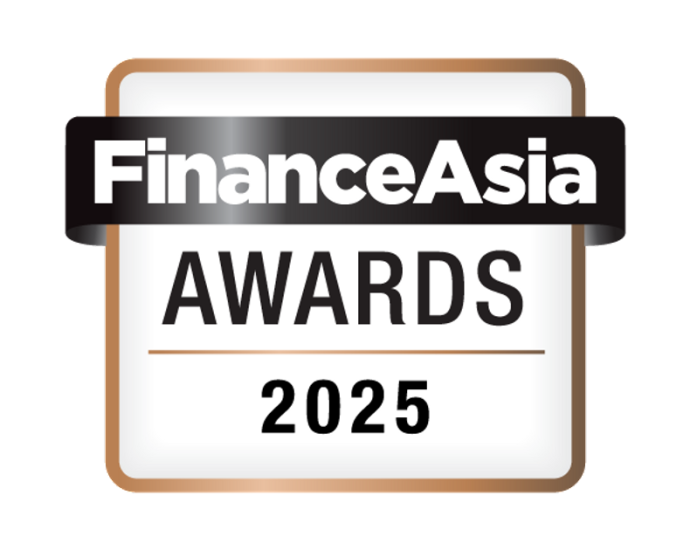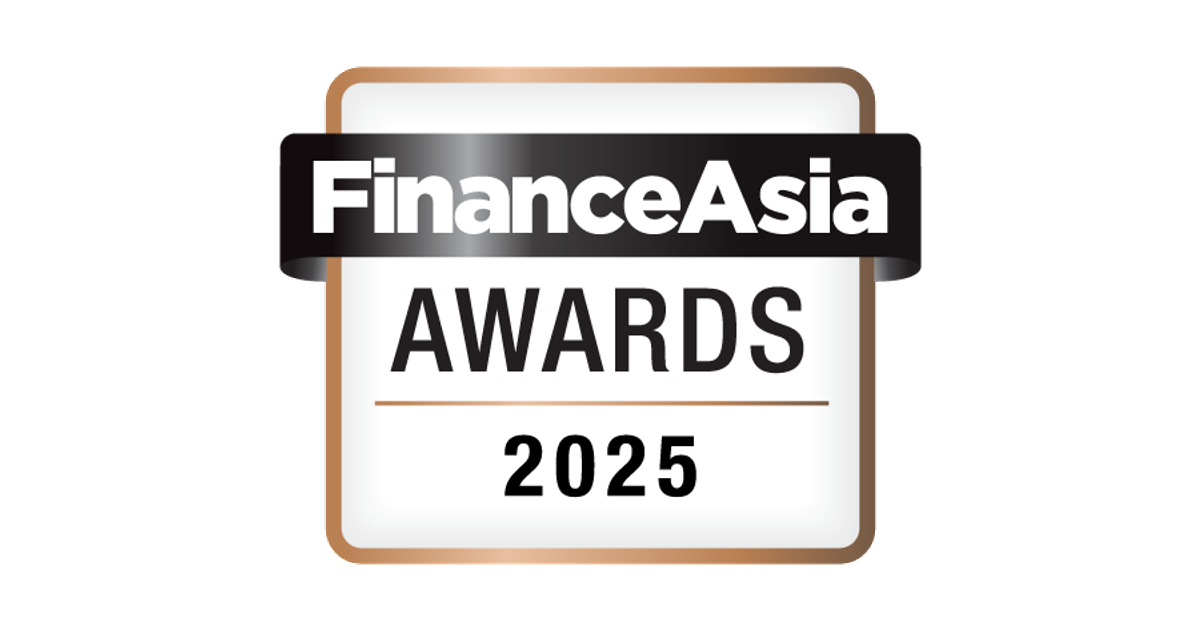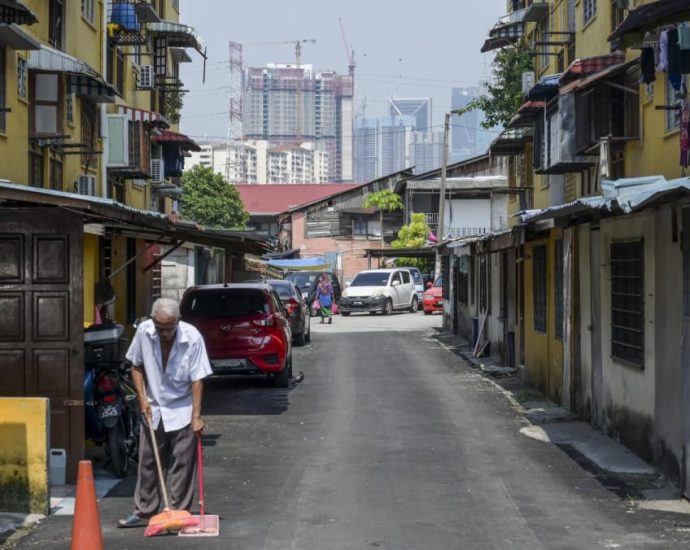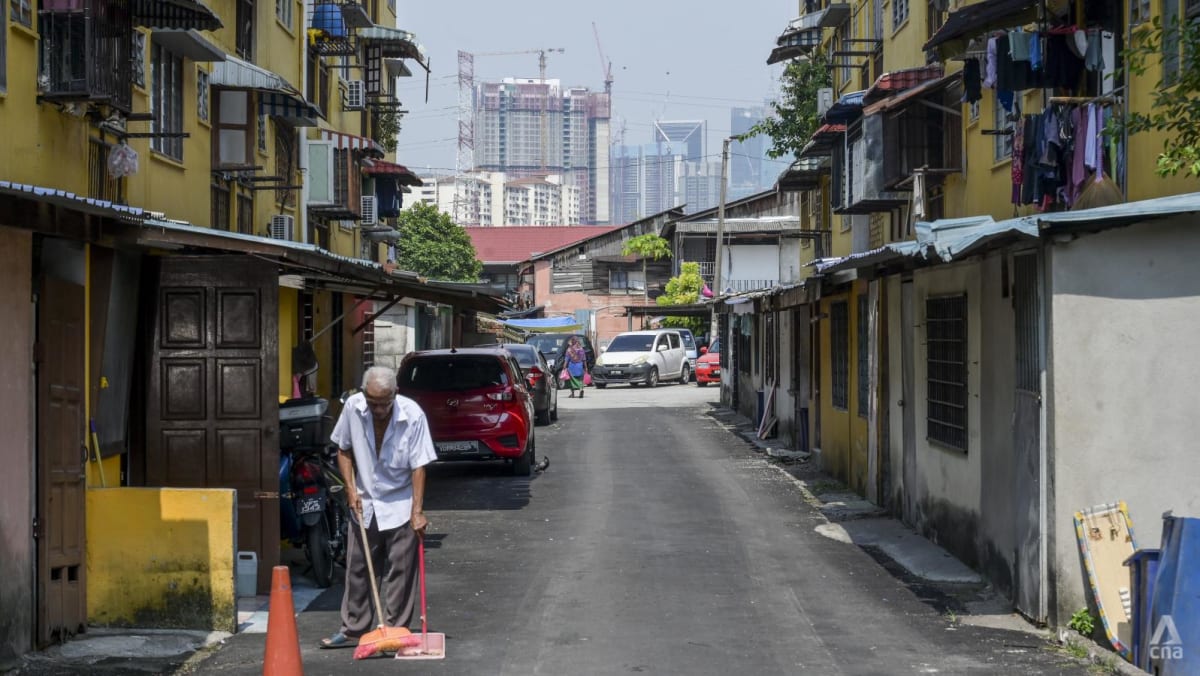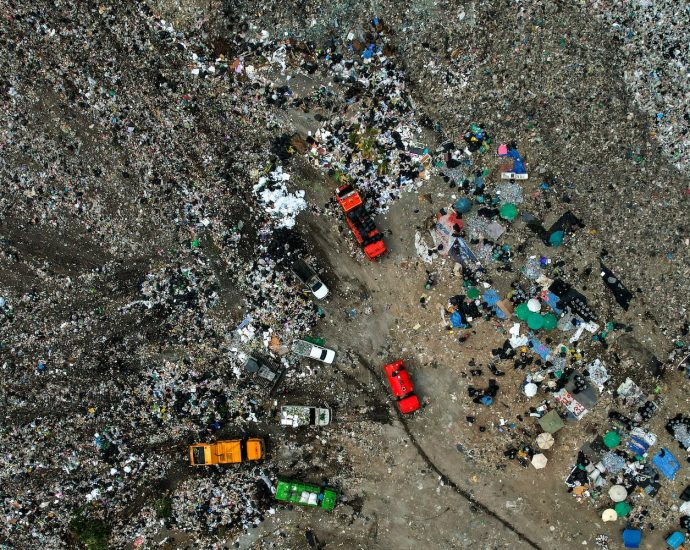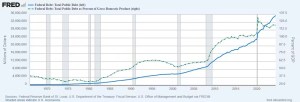India and America: a certain ambivalence – Asia Times
America reaches us everywhere: in our villages by the mountains, in our towns by the sea, in our cities by the desert. America shapes and distorts, regenerates and ruins. America is hope and America is anxiety.
My first memorable encounter with American power was a story my father told me in the mid-1980s in our village in the mountains of Kashmir. Our few acres of rice fields would have a rich harvest in the autumn. After school, I would carry samovars of tea for the workers harvesting and threshing the grain. My father, an energetic civil servant in his mid-thirties, would join us after work.
We would drink tea, and he would tell me stories. One of those afternoons, my father spoke of the bleak years of his adolescence in the 1960s, when hunger stalked not just our little villages, not just India and Pakistan but all of Asia. He was born in the early fifties as Asia and Africa were winning back their freedom from European empires, whose extractive colonialism had squeezed the colonies of almost everything valuable.
Father spoke of an American man. A scientist who traveled to India in the early 1960s, worked with Indian scientists, and introduced high-yielding crop varieties that multiplied agricultural yields and significantly helped reduce global hunger.
“It was the Green Revolution,” father said. “His name is Norman Borlaug.”
“Norman Borlaug.” I repeated.
Norman Borlaug, who was born on a farm in Iowa, who eventually won a Nobel Peace Prize in 1970 for his singular contribution to significantly reducing hunger in Asia and Latin America, defined the best of America for me.
I never forgot his name.
India has grappled with American power—through its rise and rise and its relative decline, through its benevolence and its cruelty—with a range of responses rooted in experiences of colonialism and its own visions of economic and political power: from postcolonial righteous indignation to reluctant supplication to defiant Soviet embrace to today’s amoral nationalism.
On an October evening in 1949, General Dwight D Eisenhower, who served as the president of Columbia University after leading the Allied forces to victory in World War II, conferred the degree of Doctor of Laws upon Jawaharlal Nehru, the first prime minister of India, at the Low Memorial Library.
The Cold War was on: George Kennan’s argument for “containment of Russian expansive tendencies” had shaped American policy; the Truman Doctrine and the Marshall Plan were already in place; the Berlin blockade was ongoing; and the North Atlantic Treaty Organization was five months old.
Americans wanted India to “get on the democratic side immediately,” as Henry F. Grady, the first American ambassador to India, put it to Prime Minister Nehru in December 1947. Nehru had read widely about America—from Upton Sinclair to Henry David Thoreau to Reinhold Niebuhr—and admired former President Franklin D. Roosevelt’s support for Indian independence.
But the Indian leader saw America representing “a reactionary policy” in world affairs and was certain that India would not align with a particular nation or group of nations.
With Eisenhower and Arthur Hays Sulzberger, publisher of The New York Times, in his audience, Nehru roasted American Cold War doctrines. “The very process of marshalling of the world into two hostile camps precipitates the conflict which it sought to avoid,” he told his hosts. His fundamental intellectual concerns were radically different.
He spoke of three grave dangers to global peace and progress: colonialism, white supremacy, and hunger. European colonial powers were still delaying decolonization in parts of Asia and most of Africa; American reluctance to push their European allies disappointed him. “It is clear that all vestiges of imperialism and colonialism will have to disappear.”
The America Nehru spoke to was still Jim Crow America and the civil rights movement was still years away. “Secondly, there is the problem of race relations,” Nehru told his hosts. Indian nationalist leaders and Black civil rights leaders in America—Lala Lajpat Rai, Gandhi, Nehru, Marcus Garvey, W E B Du Bois—had been in conversation for years and saw white supremacy as a defining factor in British colonialism in India and in Jim Crow in America.
“The West has too often despised the Asian and the African and still, in many places, denies them not only equality of rights but even common humanity and kindliness,” Nehru said.
Legacies of war, colonialism, and political turmoil had exacerbated hunger across Asia and Africa. India was facing a shortage of wheat and rice and ensuring food security was an urgent concern for Nehru. “The third reason for war and revolution is misery and want,” he told his hosts. “If we offer no remedy, then other cries and slogans make an appeal to the minds of the people.”
The East Coast intellectuals were impressed, the Truman administration was irritated, and Nehru was convinced India should “align somewhat” with the United States but not be subservient. The essence of India’s view of America is distilled in a note Nehru wrote to his colleagues who were finalizing a commercial treaty with the United States.
“The safest policy,” he wrote, “appears to be friendly to America, to give them fair terms, to invite their help on such terms, and at the same time not to tie ourselves up too much with their world or their economic policy.”
That stance of being friendly and open to all the American help one needs while refusing formal military or economic alliances and maintaining autonomy to pursue relationships with other powers to strengthen India’s national interests has survived with minor variations in form and tone over the decades.
If foreign policy is the face a nation wears to the world, as Arthur Schlesinger, Jr. wrote, American power in the Cold War and Indian responses to that colossal destructive and regenerative force were a series of scowls and smiles, glares and grins, wails and shrugs. Cycles of annoyance and accommodation, hostility and warmth defined the relations between India and the United States during the Cold War.
The first significant illustration of Nehru’s policy of neutrality was the Korean War between 1950 and 1953. Fearful of the war expanding in Asia but also aware of the opportunity to act as “a counterbalancing force,” in a bipolar world by uniting the Third World and the Commonwealth countries, Nehru’s India cooperated, bargained, and battled with the United States throughout the war at the United Nations. India’s hectic diplomacy and mediation between the Americans, the Russians, and the Chinese to find a compromise to end the war were thwarted at various stages by the colliding powers.
Eventually, after Stalin’s death in March 1953, as the warring parties were ready for a ceasefire, a vigorous Indian effort united the Third World and Commonwealth countries behind a UN resolution, forced reluctant Americans to support a compromise on the repatriation of 20,000 prisoners of war, and paved the path to the signing of the Korean armistice. The historian Richard Barnes writes that the experience led Nehru to place “his allegiance squarely” with the Third World.
After the war, the patrician voice of Jawaharlal Nehru called for Asian and African solidarity, decolonization, and Cold War neutrality. He was a prominent player in the landmark Bandung Conference in Indonesia in 1955, which eventually led to the establishment of the Non-Aligned Movement in 1961, along with other flawed giants of his era: Gamel Abdel Nasser of Egypt, Josef Broz Tito of Yugoslavia, Kwame Nkrumah of Ghana, and Sukarno of Indonesia.
But the promise of Asian solidarity was diminished by the Chinese invasion of India in 1962. Although India’s defeat was crushing, the country encountered two assuring and friendly faces of America power in John F Kennedy and John Kenneth Galbraith, his ambassador to India, who ensured US military support for India and brought warmth to Indian views of America. A year later, in 1963, Norman Borlaug arrived in India, testing his high-yielding crop varieties, collaborating with Indian scientists, and helping India achieve self-sufficiency in a decade.
Two years after the war with China, in 1964, a broken Nehru died. India was a lesser country without him and everyone who followed him was dwarfed by his shadow. But the mistakes of great men also exact a great price: Nehru’s intransigence and failure to allow a just resolution to the Kashmir dispute contributed to decades of violence, militarization, and great suffering for the people of Kashmir, and the furies unleashed by the battles for my home distorted the polities of India and Pakistan.
American power and its manifestations in Asia—military aid, alliances, food assistance, deployment of its overwhelming force—remained tied to the fundamental goal of maintaining American supremacy by containing Soviet power and influence. A confluence of values was largely ignored at the altar of strategic interests. As Nehru once remarked in the context of Kashmir, “We cannot afford to lose,” he told a visitor. “Till things improve, democracy and morality can wait.”
America’s need for an ally on the eastern flank of the Soviet Union willing to offer bases from where American jets could strike inside the Red Imperium was met by Pakistan, which also joined the Southeast Asia Treaty Organization and the Central Treaty Organization. America reciprocated by supplying weapons, and Pakistani soldiers drove American Patton tanks across the border into Indian territory when the intimate enemies fought another war over Kashmir in 1965.
Six months after that war, when Lal Bahadur Shastri, her father’s successor, died of a heart attack in Tashkent after signing a peace agreement with Pakistan, Indira Gandhi, the 49-year-old daughter of Nehru, became prime minister in January 1966. The monsoon had failed that year and she needed American wheat to save millions from starvation. President Lyndon Johnson was already embroiled in the Vietnam War when Mrs. Gandhi traveled to the United States to meet him in the spring of 1966.
A year earlier, India’s president, S Radhakrishnan, a philosopher who had served as Nehru’s ambassador to the Soviet Union, proposed a peace plan for Vietnam calling for cessation of hostilities. Johnson wasn’t pleased. As the historian Ramachandra Guha recounts, India was receiving 15 million tons of American wheat under a public loan scheme from the United States in 1965 and 1966. And while Johnson offered Mrs. Gandhi a warm reception, the American president decided to “keep his supplicants on a tight leash.”
On her return from Washington, Indira Gandhi faced an economic and political crisis at home. The wily old bosses of the Congress Party were trying to be the real power behind the throne. To fight the power brokers, Indira had surrounded herself with a group of brilliant mandarins who preferred the Soviet Union over the United States. A turn toward rousing socialist rhetoric in a very poor country would endear her to the masses.
In the summer of 1966, the Indian government condemned the bombing of Hanoi and Haiphong. Mrs. Gandhi traveled to Moscow, where she signed a joint statement with Soviet Premier Alexei Kosygin condemning the imperial aggression in Vietnam and calling for an “immediate and unconditional” end to the bombings of Hanoi and Haiphong.
A furious Lyndon Johnson ordered that the monthly food shipments to India not be sent without his personal authorization, which he relished in delaying. Inder Malhotra, an Indian journalist, recalled decades later, “India literally almost lived from ‘ship to mouth’ and those of us who lived through that era swallowed a measure of humiliation with every morsel of American food.”
The war in Vietnam found its way into Satyajit Ray’s 1970 film Pratidwandi, or The Adversary, which captures the upheaval and the despair of the time in India, through a medical school dropout’s search of an unattainable job. In a job interview, an aging suit asks the protagonist to name the most outstanding and significant event of the last decade, and they spar over their choices: the moon landing versus the Vietnam War. The candidate doesn’t find the moon landing surprising or unpredictable considering the advances in space technology.
“Do you think the war in Vietnam was unpredictable?” the suit demands.
“Not the war itself. But what it has revealed about the Vietnamese people, about their extraordinary power of resistance. Ordinary people. Peasants,” the candidate replies.
“And no one knew they had it in them. And this is not a matter of technology. . . . It is just plain, human courage and it takes your breath away.”
The closer American power, wars, and great power gambits came to Indian shores the more American prestige declined in India. In the summer of 1969, as the war escalated in Vietnam and anti-war protests raged across the country, President Richard Nixon and his Secretary of State Henry Kissinger were working on a rapprochement with the People’s Republic of China to change the balance of power against the Soviet Union.
General Yahya Khan, the military dictator of Pakistan, who had warm relations with both, became the secret channel between Nixon and the Communist China leadership.
In December 1970, Pakistan, whose Eastern and Western wings uneasily flanked India, held its national election. Sheikh Mujibur Rahman’s Awami League, which represented the more populous Bengali-speaking East Pakistan, won.
Yahya Khan and the West Pakistani elite, dominated by the Punjabis, which looked down on the Bengalis, refused to allow Rahman form the government. Protests erupted in Dhaka and Yahya Khan’s military responded with genocidal violence, killing hundreds of thousands Bengalis and forcing ten million refugees into India.
In April 1971, Arthur Blood, an American diplomat in Dhaka, wrote “The Blood Telegram,” to Washington, a devastating plea for action that described the horrors being inflicted by the Pakistani military. Nixon ignored it. Yahya Khan’s secret diplomacy with the Chinese leadership had landed Nixon the coveted invitation to visit the People’s Republic.
American grand strategy was always more important than brown lives in the Third World. Nixon did nothing to restrain Yahya Khan. Public opinion in America wasn’t a concern for Nixon, who was certain of American indifference toward “just a bunch of brown goddamn Moslems.”
Three million people were killed in East Pakistan. “To condemn these violations publicly would have destroyed the Pakistani channel, which would be needed for months to complete the opening to China,” Kissinger told The Atlantic in an interview. India, which had been secretly training and arming Bengali insurgents, briskly accelerated ongoing conversations with Moscow and signed a military pact with the Soviet Union in August 1970. Any remaining pretense of nonalignment was over.
Mrs. Gandhi met with Nixon and Kissinger at the White House, a visit that achieved little in preventing a war between India and Pakistan. Gary H Bass, a Princeton historian, analyzed declassified audio conversations between Nixon and Kissinger, which provided a stunning record of their racist and sexist vocabulary that he believes influenced foreign policy. Among the abusive epithets Kissinger and Nixon used for Mrs. Gandhi and Indians: unattractive, pathetic, repulsive, a scavenging people, masters at subtle flattery.
“After a short war in December, India defeated Pakistan, and helped create the independent state of Bangladesh. Two memories from that time profoundly shaped India’s attitudes toward America: Nixon dispatching the nuclear-armed USS Enterprise to the Indian Ocean; the Soviet Union dispatching naval vessels and submarines to Indian waters in solidarity.”
The lure of America never ceases to diminish despite the destruction America inflicts and heaps upon the world. The war in Vietnam coincided with the liberalization of American immigration laws in 1965, which removed restrictive national origin quotas for Asia and allowed Asian students, skilled workers, and professionals to migrate to the United States.
An Indian engineering student from Lucknow, in northern India, who studied and worked in America in the 1970s recalled watching a film about the 1964 New York World’s Fair at a United States Information Service outpost in his city: “I was dazzled by what I saw in the film since it was a showcase of all the latest gadgets of modern life.” The Indian diaspora in America grew at an incredibly brisk pace: from 12,000 in 1960 to 450,000 in 1990.
The long estrangement between India and the United States continued, largely hovering around India’s nuclear ambitions. India conducted its first nuclear test in 1974. Four years later, in 1978, President Jimmy Carter signed the Nuclear Non-Proliferation Treaty, which demanded inspections of nuclear facilities of countries not included in the treaty.
India, which was not a signatory, refused. America stopped nuclear assistance to India’s nuclear power plants, a move it reversed after Mrs. Gandhi traveled to Washington in 1982. India Today, the leading Indian magazine of the time, christened Mrs. Gandhi’s visit “Operation Defrost,” and described it with the Indian love of hyperbole as a “spectacular voyage” in which Mrs. Gandhi “dazzled America,” as no other world leader had in recent memory.
Two assassinations bookended Indian polity between the early eighties and the early nineties: Indira Gandhi’s assassination by her Sikh bodyguards in 1984 after she ordered Indian troops to attack the Golden Temple, the holiest Sikh shrine, to flush out Sikh militants sheltering there; and the 1991 assassination of Rajiv Gandhi, her younger son, by Sri Lankan Tamil Tigers, avenging his botched military intervention in Sri Lanka.
A series of cynical political plays by Mrs. Gandhi and her son had intensified religious strife across the country and contributed to the eruption of an armed insurgency in Kashmir in the winter of 1989–90. Economic policies guiding India’s mixed economy, which combined the “worst aspects of socialism and capitalism,” had brought the economy to the brink of collapse by the summer of 1991.
It was a time of profound global transformation with the reunification of Germany, the fall of communist dictatorships in Eastern Europe, and the Soviet Union on the verge of dissolution. India faced a moment of reckoning: Its foreign debt had risen to around $72 billion and foreign exchange reserves had collapsed to less than the sum required to finance imports for two weeks.
Desperate, India pawned off its gold on banks in Europe and Japan to raise funds. In June 1991, P. V. Narasimha Rao, a Congress Party leader who had served as Rajiv Gandhi’s foreign minister, took office as prime minister and appointed Manmohan Singh, a Cambridge economist, as finance minister.
In the summer of 1991, Manmohan Singh dismantled the controlled economy of India by ending the Byzantine regulatory regime that had long stifled industry and opening up the country to foreign investment, removing currency controls, lowering import tariffs, devaluing the rupee, reducing taxes, and scrapping industrial licensing.
In a July 1991 speech to the Indian parliament, Singh, wearing a blue turban and a white sherwani, spoke with controlled passion, and called for a second industrial revolution and a second agricultural revolution. He quoted Victor Hugo: “No power on earth can stop an idea whose time has come. I suggest to this august House that the emergence of India as a major economic power in the world happens to be one such idea.”
In the following decade, Singh’s reforms grew the economy rapidly, producing a new middle class with disposable incomes. In the mid- and late 1990s, I was a student at a public university in a small town a couple of hours from Delhi. Despite our genteel poverty, the sense of possibility and transformation was palpable. The United States in its unipolar moment, and the icons of American capitalism and technology, were quickly replacing the old heroes of socialist India.
Our conversations at university didn’t center on Nasser, Sukarno, or Nkrumah but on Bill Gates and Sabeer Bhatia, who co-founded Hotmail. Cyber cafes, powered by dial-up Internet, were our gateways to American universities. When McDonald’s came to India, without beef but with a vegetarian menu, the waiting lines recalled religious festivals.
The newspapers and magazines listed the shocking salaries the graduates of elite management and computer sciences schools were offered. Azim Premji, Shiv Nadar, Narayana Murthy, and F. C. Kohli, the pioneers of India’s infotech revolution, the billionaire makers of the New India, became names that evoked the same reverence once reserved for the Nehrus and the Gandhis.
Indian society was enthralled by America and American attitudes to consumerism, capitalism, and individual freedoms. I found work as a reporter for a website in Delhi at the turn of the millennium. Globalization was the vibe. American corporations were outsourcing service jobs by the thousands to India.
The rise of the multibillion outsourcing industry in India even captured the attention of Susan Sontag, who spoke about young Indians acquiring mastery of English and inventing American personas in their call center jobs. “To pull this off, they have to be plausibly American to themselves. They have been assigned American names and little biographies of their American identities,” Sontag said.
Mujahid, my flatmate, was one of those young Indians. He trained for months to erase traces of Tamil in his English and emerged with a middle-American accent. He taught me American slang and idioms and spoke relentlessly about American sitcoms and the Super Bowl. He would leave for work in the evenings to work on Central Standard Time and pass as an American through the night on calls with customers in Chicago and Milwaukee. His American name was Adam Smith.
The New India evoked breathless comparisons to the Roaring Twenties. Yet a million mutinies exacting terrible human costs persisted in India along with its euphoric transformation: a savage war still raged in Kashmir; insurgencies flourished in the northeastern states bordering Myanmar and China; Maoist rebels fought Indian forces across the forests of central India; crushing loans and the failure to increase agricultural productivity had pushed thousands of farmers to suicide; the quality of most educational institutions remained bleak; the state of the health care, legal, and policing systems remained terrifying.
The humiliation of waiting for American wheat and the righteous activism that fought against American hegemony were distant memories when I moved to New York for graduate school in the mid-2000s. India was a rising power, a would-be great power.
“The world—and particularly the United States—is courting India as it never has before,” Fareed Zakaria wrote in Newsweek. “Fascinated by the new growth story, perhaps wary of Asia’s Chinese superpower, searching to hedge some bets, the world has woken up to India’s potential.”
He recalled being at the World Economic Forum in Davos where he witnessed India dominate the conversation and Klaus Schwab dressed in “a colorful Indian turban and shawl, nibbled on chicken tikka and talked up the country’s prospects with Michael Dell.”
In New York, I encountered a lot of hand-wringing about the American wars in Iraq and Afghanistan, about the scandals of Abu Ghraib and Bagram and the languages of torture and rendition. American colleagues were curious how India saw the wars in Iraq and Afghanistan. The truth is that they simply didn’t incite the fury and advocacy that the Korean and Vietnam wars did in India.
The Times of India, the highest-selling English newspaper in the country, did publish a cartoon strip called “Dubyaman,” which lampooned George Bush. And India, witnessing the rise of Hindu nationalism in parallel with economic liberalization, had a coalition government led by the Hindu nationalist Bharatiya Janata Party that refused an American request for 17,000 Indian soldiers to be deployed in Iraq.
Atal Bihari Vajpayee, a Hindu nationalist politician with decades of experience, led the Indian government. The political costs of risking the lives of Indian soldiers for an American war would be prohibitive.
The Indian pursuit of strategic autonomy remained alive and well. The Hindu nationalists collaborated with the Bush administration on terrorism—with an eye on Pakistan and Kashmir—and imported American Islamophobic rhetoric for political gain, but the nuclear isolation imposed by America was never forgotten.
Prime Minister Vajpayee—moved by the pursuit of great power status, as well as converting a nuclear nationalist surge into electoral gains—greenlit the nuclear weapon tests by India in May 1998 and subsequently declared India a nuclear armed state.
Pakistan followed with its own nuclear weapons tests within days. President Bill Clinton imposed sanctions prohibiting American economic and military assistance to India and Pakistan. The nuclear order led by the United States had been punishing since its first nuclear test in 1974. Now, America had tightened the noose of nonproliferation.
“India had been the target of an increasingly restrictive, rigorous and continually expanding regime of technology denial,” the diplomat Shyam Saran, who served as India’s foreign secretary, lamented in “How India Sees the World: Kautilya to the 21st Century.” India’s economy, energy needs, and electricity shortages were growing. Nuclear power could help but India didn’t have uranium or the advanced nuclear reactors of Europe and the United States since it was barred from the nuclear energy market.
America evokes unparalleled desire and unparalleled envy. I was in Delhi when I found out about the September 11 attacks: sudden euphoric cries rose from several desks around me. I was a young reporter, and spending my nights trying to learn from Gay Talese, Norman Mailer, Michael Herr, and Joan Didion.
I was among the few in the office who went quiet. America ceased to be invincible that morning. In its wounded fury and indiscriminate lashing out—the invasion of Iraq, industrial use of torture and rendition, wild expansion of homeland security, and shredding of norms and alliances—America began to squander its legitimacy and moral standing.
China was rising fast, and the heirs of George Kennan and Paul Nitze were energetically offering manifestoes for managing or containing its rise. They spoke of the road to contain Beijing passing through New Delhi.
They spoke of the shared values of liberalism, democracy, and boisterous multiethnic polities. The reliable American quest for preserving the country’s global dominance and the attractions of a consistently growing Indian economy updated American ideas about India.
On October 10, 2008, the United States and India signed the US–India Civil Nuclear Agreement after three years of negotiations and domestic opposition. It was unprecedented: India was firm in its refusal to sign the Nuclear Non-Proliferation Treaty, which it considered a discriminatory regime. America modified its laws, created the first exception to the nuclear order, accepted in spirit India as a nuclear weapons state, and opened India’s access to nuclear technology.
India’s embrace of American influence and power was never more clear. Still, the orgiastic moment wouldn’t change the Indian way of doing business: India would be friendly and open to all the American help it needed—while also pursuing relationships with other powers to strengthen its interests.
The euphoric success with America was followed by a dramatic decline of the Congress Party and subsequent fall of Prime Minister Manmohan Singh’s government. In the summer of 2014, another “New India” was born with the electoral success of the Hindu nationalist Bharatiya Janata Party and the rise of Prime Minister Narendra Modi.
In the following years, Modi’s India focused on two interlinked goals: India’s transformation from a semi-liberal democracy into an authoritarian Hindu-first state, and a vigorously advertised pursuit of great power through transactional nonalignment.
The presidency of Donald Trump magnified perceptions of American decline as he shredded commitments to multilateral institutions, tore up international agreements, and eviscerated even the pretense of values in the affairs of nations.
Trump took a more aggressive approach to China, increased defense cooperation with India, and strengthened the Quadrilateral Security Dialogue alliance between India, the United States, Australia, and Japan to contain Beijing. The great gift Trump’s America offered Modi’s India was the gift of American silence on minority rights and the limiting of the freedom of press and expression.
Soon after taking office, President Joe Biden declared: “America is back.” After the Russian invasion of Ukraine, Biden responded with a rousing call of a struggle between “a rules-based order and one governed by brute force.”
American attempts to make Russia’s isolation a matter of stark moral choice clashed against a transformed world that was uninterested in arranging itself into camps of followers in a Cold War-style confrontation between Washington, Moscow, and Beijing.
The age of transactional nationalism had dawned and the middle powers had energetically embraced it. Soon after Russia invaded Ukraine, Turkey made sure that Russians knew that their country, despite being a member of NATO, was still a welcoming tourist destination.
The United Arab Emirates had a surge in property purchases by wealthy Russians looking for safe harbor for their wealth as sanctions squeeze them out of Europe. Brazil, where agriculture is a pillar of the economy, sought ways to avoid American sanctions on Russia in order to keep a steady supply of Russian fertilizers flowing into the country. And India moved to purchase immense amounts of Russian crude oil every day—at a steeply discounted price.
America was and remains the most powerful player in the game. The world was still keen to influence America, become friends, and do business but American sanctimony and rhetoric about democratic values and the liberal order would evoke yawns and sniggers in India and elsewhere in the Global South. The liberal order turned to ash in the fires that eviscerated Palestinian lives and habitats in Gaza—fires that were kept burning by America.
Testimonies of the famine in Gaza and images of Palestinian children dying of hunger started reaching us in January and February. American power played a great role in ensuring they had been denied food.
I thought of my father telling me stories about an American man, a scientist, who gave years of his life to help hungry strangers across the world grow more food. I still remember his name.
Norman Borlaug.
Basharat Peer is the author of “Curfewed Night”, a memoir about the conflict in Kashmir, and “A Question of Order: India, Turkey and the Return of Strongmen.” He has written for The New Yorker, Granta, Foreign Affairs, The Guardian, n+1, and The New York Times. He worked as an opinion editor at The New York Times and at the International Crisis Group as deputy director for its Future of Conflict Program.
This essay was originally published in “ The Ideas Letter, a project of the Open Society Foundations, and is republished with permission.

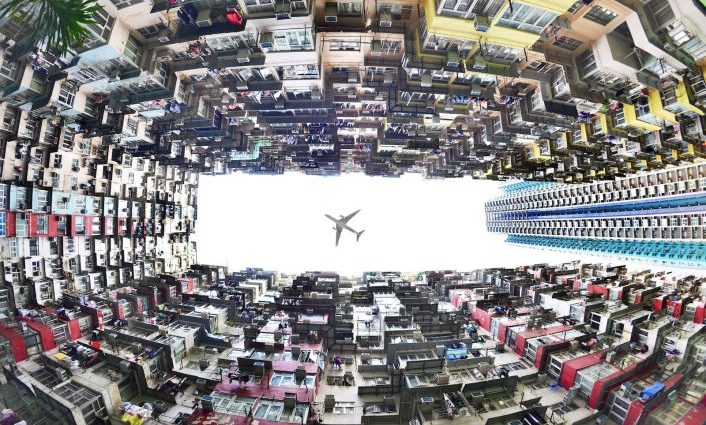
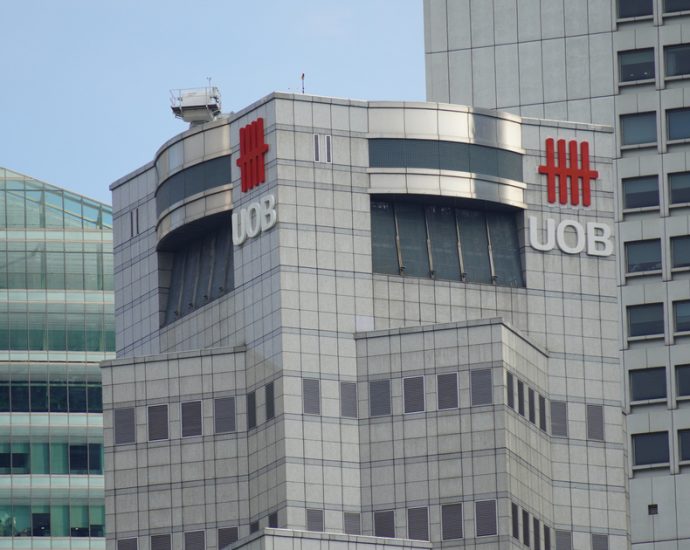
.jpg&h=630&w=1200&q=100&v=5f99a4b43f&c=1)


